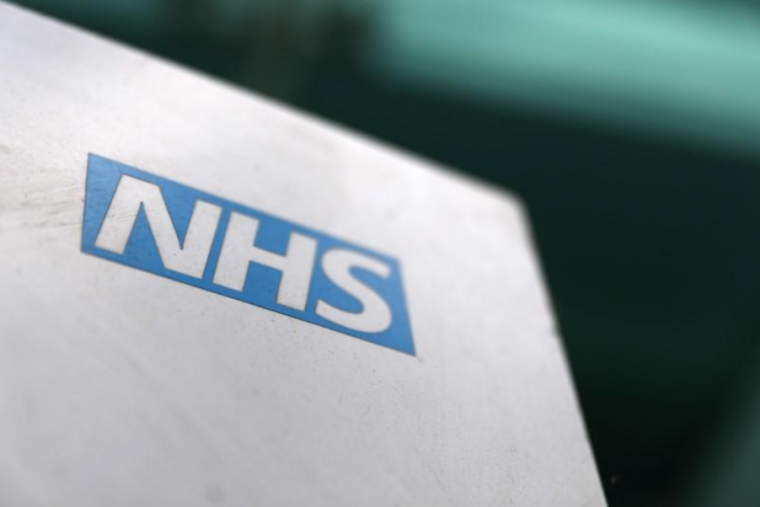Scotland considers opt out organ donation plans dubbed a 'placebo' by Christians

The Scottish Government is considering proposals to introduce opt out consent for organ donation.
Under the current law, individuals must affirm their consent by opting in to the organ donor register, but that would change if the Human Tissue (Authorisation) (Scotland) Bill is approved.
The Bill proposes changing the law so that individual consent to organ donation would be automatically assumed unless the person had taken the action of removing themselves from the organ donor register prior to their death.
The opt-out system has already been operating in Wales since December 2015. Health bosses from Wales are among those giving evidence about the impact of the change to the Scottish Government.
Westminster is considering similar proposals in the form of the Organ Donation (Deemed Consent) Bill that passed through the House of Commons last month.
The measures are being proposed as one way to address the shortage of organ donors, but Christians north and south of the border claim that the plans do not reflect the evidence.
CARE Scotland said opt-out organ donation is 'just a placebo' that will not actually increase the rates of organ donation.
The Christian advocacy group's parliamentary officer Dr Gordon Macdonald said that although it was right to seek ways to increase the number of organ donors, switching to an opt-out system has not been proven to work.
He said the plan 'does not make any sense' in Scotland because the Scottish Government has already made 'significant progress' in increasing the rates of organ transplants.
Instead of spending millions of pounds on introducing presumed consent, he said the Scottish Government should instead invest the money in increasing the number of nurses who are specially trained in discussing organ donation with families.
'Scotland has been much more successful than other parts of the UK in encouraging people to opt-in to donate their organs,' he said.
He added: 'We are calling on the Government to instead recruit more specialist nurses because we believe this is one measure that is proven to help increase the number of organ donations.'
A Welsh Government report found that the number of organ donors fell in the first two years after the opt-out system was introduced, leading to concerns about its effectiveness.
Bishop Paul Mason, the Catholic Church in England and Wales' spokesman on healthcare, has previously said that automatically assuming consent 'crosses the line of what constitutes a reasonable action by the state towards individuals in a free society'.
'When consent is 'deemed' to have been given, organ donation is no longer a gift,' he said.
'The Government's plans to introduce 'opt-out' consent for organ and tissue donation in England undermine the concept of donation as a gift.











